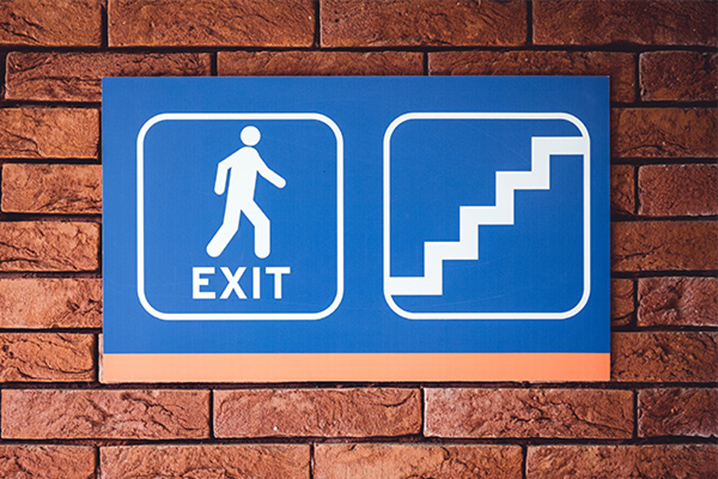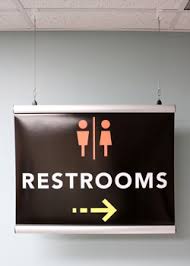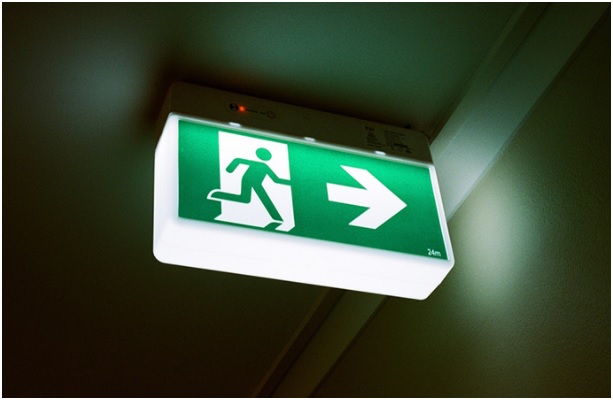Navigating through large buildings, complexes, or outdoor spaces can be challenging without clear and effective signage. Custom wayfinding signs play a crucial role in guiding people through unfamiliar spaces while reinforcing brand identity and enhancing user experience. Whether used in corporate offices, hospitals, malls, or public spaces, these signs are essential in ensuring seamless navigation and accessibility.
What Are Wayfinding Signs?
Wayfinding signs are designed to help people navigate from one point to another within a space efficiently. These signs can include directional signs, identification signs, regulatory signs, and informational signs. Customizing these signs allows businesses to create a cohesive look that aligns with their brand while ensuring maximum clarity and effectiveness.
Benefits of Custom Wayfinding Signs
1. Improved Navigation
Custom wayfinding signs provide clear directions, reducing confusion and helping visitors find their destinations quickly. This is particularly beneficial in hospitals, airports, and large shopping centers where navigation can be overwhelming.
2. Enhanced Brand Identity
Incorporating a company’s logo, colors, and design elements into wayfinding signage reinforces brand identity. This creates a unified and professional look across all visual communications.
3. Better User Experience
Well-designed wayfinding signs reduce stress and improve the overall experience of visitors by making movement within a space more intuitive and efficient.
4. Compliance with Accessibility Standards
Custom signs can be designed to meet ADA (Americans with Disabilities Act) compliance standards, ensuring accessibility for individuals with visual impairments or other disabilities.
5. Increased Safety and Efficiency
Regulatory wayfinding signs, such as emergency exit signs and restricted area markers, enhance safety by guiding people to designated areas in case of emergencies.
Key Considerations When Designing Custom Wayfinding Signs
1. Clarity and Readability
Text and symbols should be clear, legible, and easily understood from a distance. Fonts, colors, and contrast should be chosen carefully to enhance readability.
2. Strategic Placement
Placing signs in logical locations, such as entrances, intersections, and decision points, ensures maximum visibility and effectiveness.
3. Durability and Material Selection
Depending on the location (indoor or outdoor), materials such as metal, acrylic, or weather-resistant plastics should be selected to ensure longevity.
4. Aesthetic Appeal
A well-designed wayfinding system should complement the overall aesthetics of the space, maintaining a balance between functionality and visual appeal.
Conclusion
Custom wayfinding signs are an essential component of any well-structured space, providing clear guidance while enhancing brand presence and user experience. Investing in high-quality, customized signage ensures seamless navigation, increased accessibility, and a visually appealing environment for both visitors and employees.
Whether you need wayfinding signage for a corporate office, healthcare facility, or retail environment, opting for custom-designed solutions can make a significant difference in efficiency, safety, and overall aesthetics.




